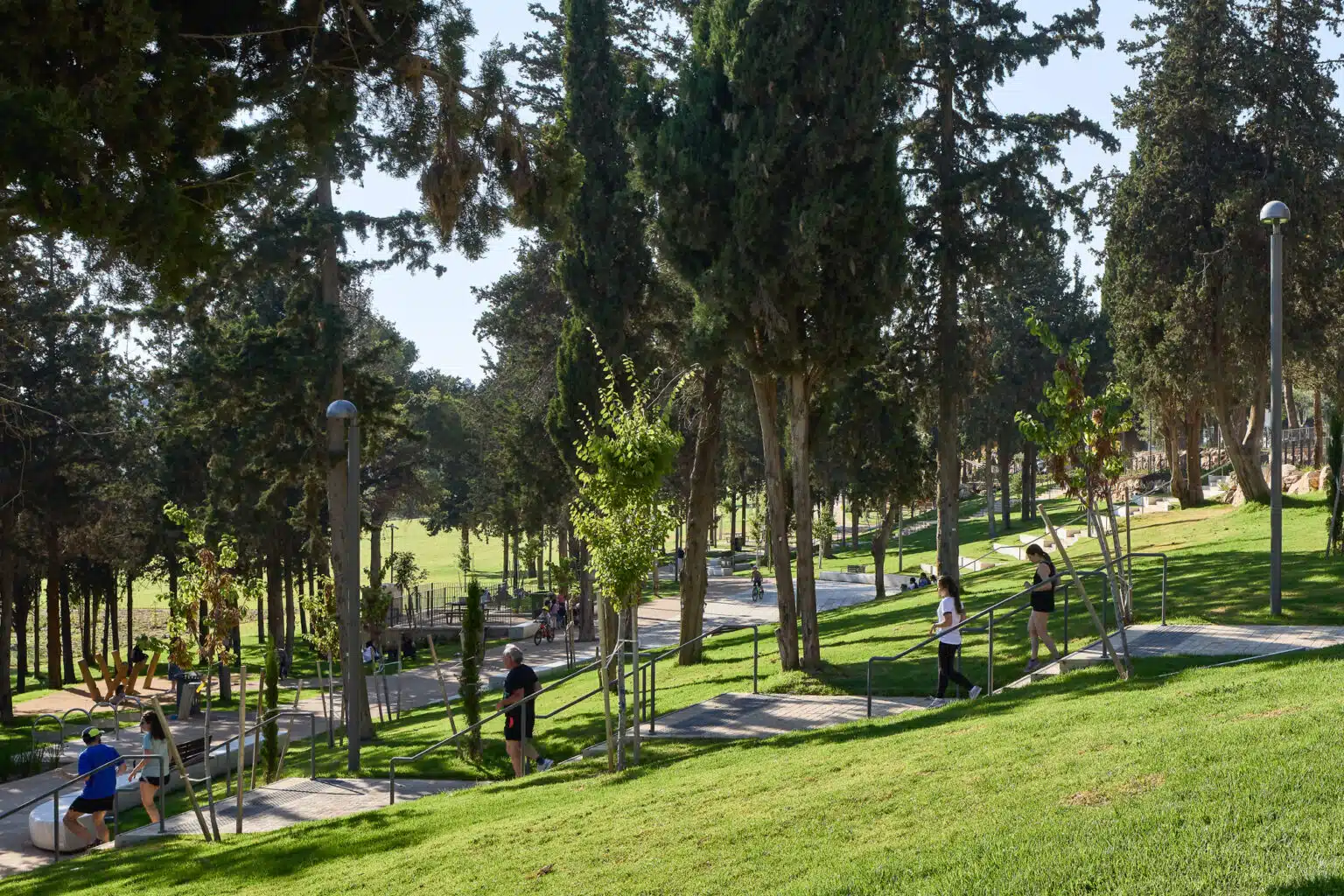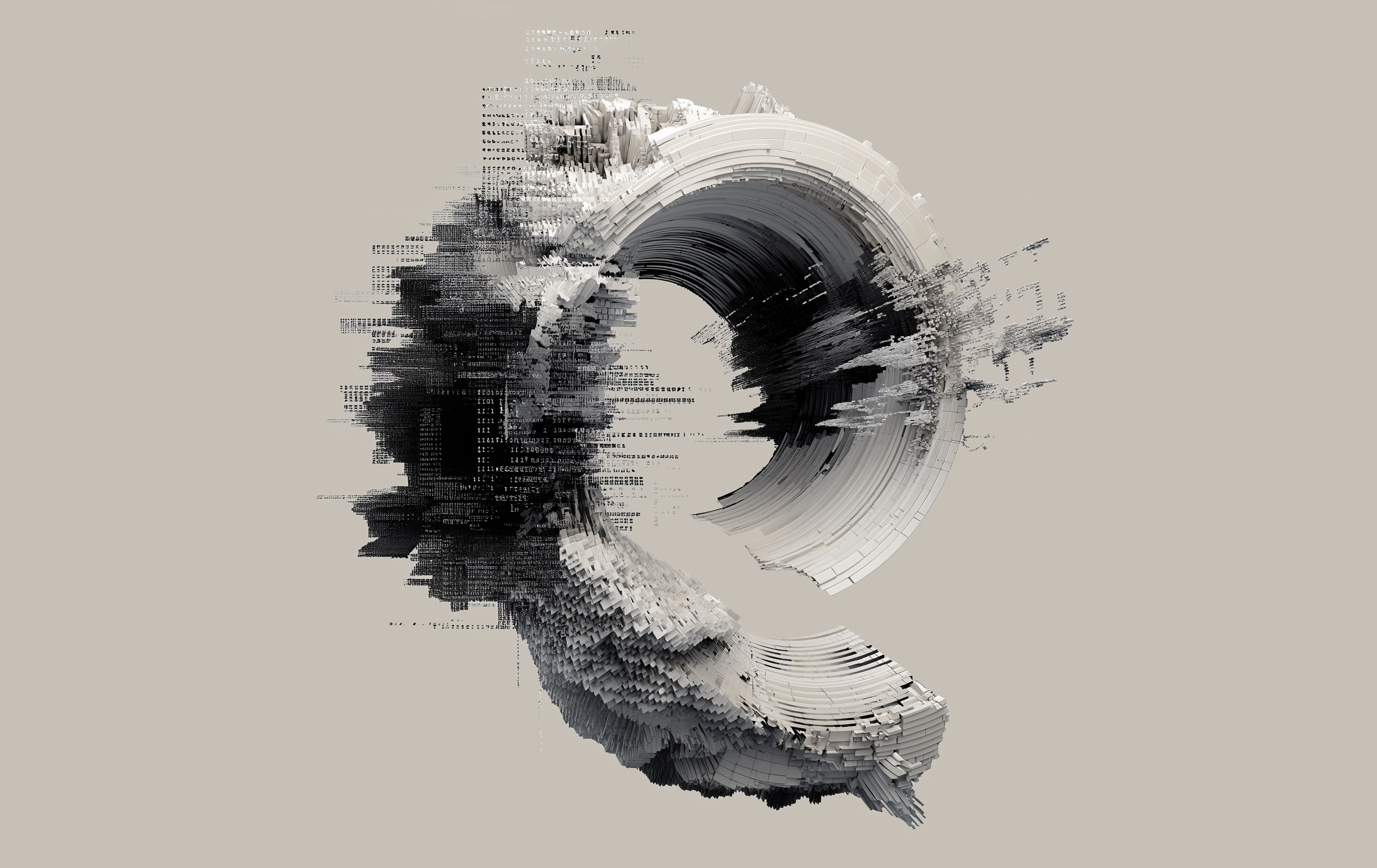The Era of the Bespoke: Why Design will Become Personal Again
The Era of the Bespoke: Why Design will Become Personal Again
The Age of the Uniform
Walk through any global city and you’ll notice something striking. Tokyo, Tel Aviv, and Toronto are filled with the same restaurants, the same chains, the same brands. Cafés echo one another with Edison bulbs and plywood counters.
We are living in the age of globalization and the uniform. The 20th century’s great promise, that globalization and mass production would democratize societies, has been fulfilled to some extent. We can all eat at the same restaurant chains, buy the same clothes, own well-designed things. But the price of universality has been sameness: a loss of uniqueness, of individual culture.
The Loss of the Personal
There was a time when geographies, cultures, and the objects that inhabited them carried the fingerprint of place - genius loci. A building was born from the unique history of its land. A chair bore the curve of a craftsman’s tradition. A home was built around the peculiarities of its inhabitants. To commission or create was not a luxury, it was the natural order of things.
Globalization and industrialization severed this relationship. In the pursuit of scale and economics, we traded the singular, the local, for the repeatable and global. Efficiency became the highest virtue, and in its wake, we lost locality, tradition, culture, and intimacy. Homes filled with anonymous objects. Rooms that speak in the language of catalogues, not people.
The emotional consequence is subtle but profound: people live surrounded by things not born from their unique place. Our environments have become universal and flat.
Personalization as the new frontier
In recent years, glimpses of personalization have begun to emerge. Nike allows people to design their own sneakers, selecting colors, materials, and details until they become unmistakably theirs. Video games let players construct avatars and entire worlds that mirror their imagination. In architecture and interiors, art and objects are increasingly chosen or adapted to reflect the character of the inhabitant.
These are not mere options, they are acts of authorship. They signal a desire to move beyond consuming what already exists, toward shaping what is uniquely ours.
The next cultural frontier lies here: in shifting from curated mass culture to individuality and co-creation. From environments that are generic and interchangeable to environments that are expressive of the self. From objects that could belong to anyone to objects that could belong only to you.
If the 20th century was defined by mass production, the 21st will be defined by mass-bespoke: personalization not as luxury, but as the new baseline.
The Technology is Finally Here
For a long time, bespoke meant slowness and scarcity. A tailor-made suit required weeks of labor. A custom cabinet required an artisan’s rare attention. Bespoke was the realm of the wealthy.
But technology is rewriting the equation. AI, parametric design, robotic manufacturing, CNC and 3D printing allow the one-of-a-kind to be produced as quickly as the standardized. The contradiction of “personalization at scale” is no longer a contradiction.
In the near future, anyone will be able to shape their environment with precision and immediacy. To design a chair for yourself, with the unique character of your individual situation, is no longer a distant dream. The distance between imagination and object is slowly shrinking.
Imagine sitting with a craftsman as they bend a strip of wood into a curve. Now imagine giving that same curve to an algorithm, which adapts it instantly into a chair that fits your space exactly - then manufactured by robots. This is not fantasy. It is the threshold we are crossing.
What was once the privilege of the few will be the possibility of the many.
Beyond Object: The Philosophy of Bespoke
When we shape our environment, in a sense, we are shaping our lives and our behavious. To choose the shape of a chair is to decide how one wishes to sit. To alter a table is to reimagine how one gathers. Objects and spaces are not inert. They are manifestation of culture and values.
In this sense, bespoke is more than a design choice. It is an agentic act. It reclaims authorship in an era where mass production and global culture dictate passivity. It insists that our environments reflect who we are, our values and our culture.
To live among bespoke things is to live among things that carry a story, that carry meaning. And stories and meaning are what make us, uniquely, human.
A new Movement
We are on a journey to re-imagine the role of bespoke design in human life, calling for a shift from consumption to co-creation, from standardization to self-expression. A place where designers, technologists, thinkers, and everyday creators come together to explore what happens when the bespoke is no longer only elite.
At Molldi, we are building the tools, AI-driven parametric design, robotic manufacturing, real-time customization - that allow anyone to shape their environment on a personal level. The Molld exists alongside this effort: as the cultural platform, the editorial voice, and the space for dialogue. Together, Molldi and The Molld form two halves of one vision: technology and culture working together toward a future of personal design.
A Return to the Human
In a world of speed and globalizaion, bespoke design offers something vital - intimacy, locality.
To create is to think. It is to raise awareness of our surroundings. It is to pause, to choose deliberately, to live among things that we are authors of. It is to remember that environments are not neutral; they are the silent companions of our days and nights.
And yet the future is not a return to the past. Time moves forward, not backward. The age of the artisan cannot be revived, nor should it. What lies ahead is integration: the meeting of opposites that once seemed irreconcilable.
The craft of the past will meet the technology of the future. The local will converse with the global. Human hands will work in tandem with artificial intelligence. The natural and the artificial will no longer be separate, but entangled.
The era of the uniform is slowly ending. The era of the bespoke is beginning.
The future will not be mass-made. The future will be made personal.







